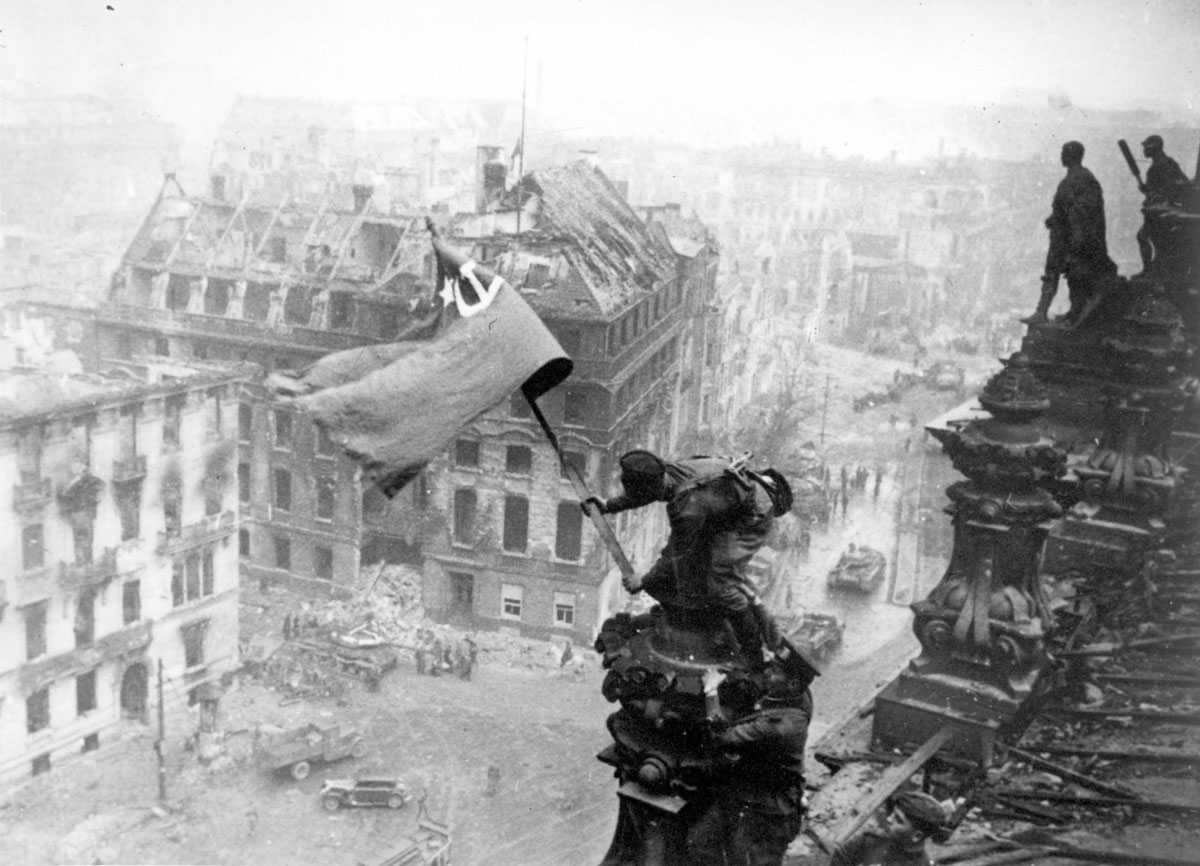The celebration is over and the anniversary of the fall of the Berlin Wall has come and gone. Now is the time for more sober assessments. Especially regarding the place of the Holocaust in much of the former Communist bloc, some serious issues remain to be resolved.
In the search for a useable past, dissidents, anti-Communists and nationalists are generally regarded as heroes. In some cases, they are genuine. Andrei Sakharov comes to mind as one such courageous individual who fought for freedom at great personal risk and is worthy of emulation as a humanist. Others, however, may well have strong anti-Communist credentials, but fall far short of displaying the kind of humanism embodied by Sakharov. During the Holocaust era, some of these so-called heroes took part in the persecution and murder of their Jewish neighbors, and others. Despite this, they are frequently glorified as patriots and paragons.
Father Josef Tiso, the head of the Slovak puppet government established through Nazi Germany in early 1939, is a clear example of a figure that has often been adulated in spite of his crimes. Tiso presided over the first, at least nominally, independent Slovak entity, and for this he is commonly revered. The regime he headed, however, played a crucial role in the murder of Slovak Jewry. The same could be said of Ante Pavelić, leader of the Croatian Ustaše government, another Nazi puppet that engaged in wholesale murder. Although such men were fervent nationalists and anti-Communists, they can hardly be regarded as patriots, since they fostered the murder of their peaceful, innocent neighbors. Not all people living in the former Communist bloc have fallen into the trap of lionizing such criminals. But significant elements either through ignorance or meanness of spirit have.
Among some in the former Communist states, the reaction to the Communist period has led to the opposite extreme. The glorification of Nazism and Fascism has found significant and vocal adherents. The extreme right, which promotes a racist, xenophobic and antisemitic agenda, regularly uses Nazi and Fascist symbols, images and language. Whether the Magyar Garda in Hungary or neo-Nazi skinheads in the former Soviet Union and other countries, they make the news and in so doing have become part of public discourse, and sometimes have even entered the political arena. In societies that committed crimes in the name of such ideologies, it is hard to accept that these hateful ideas have surfaced again. Even more baffling is how in the former Soviet Union, where the war against the Nazis was dogged and vicious, the Nazis are glorified by some of the new generation. These young people apparently live in splendid ignorance or callous disregard of what their parents and grandparents actually experienced.
Lastly comes the conflation of the crimes of the Nazis and Communists. Although both systems committed mass murders in an overlapping timeframe, they were different. Vastly different ideologies motivated them. And they chose their victims for widely different reasons. There is no question that the crimes of both are worthy of discussion, research and commemoration. But when melded together, the distinctions between them blur and blurred distinctions do nothing to further our understanding. They neither do honor to the memory of the victims nor ensure that the responsible are held accountable.
The way Jews are sometimes seen when the two crimes are melted into one is a salient example of what can occur when distinctions are blurred. The Jews were the Nazis’ foremost victims and in the lands dominated by the Nazis, many local residents played a role in their murder. In much of the former Communist bloc, where so many Jews were murdered under the Nazis, the idea that “Jew” equals “Bolshevik” is deeply entrenched. Thus Jews are often regarded as the foremost agents of Communist crimes, even if history shows this to be false. Conflating Nazi and Communist crimes, thereby, allows people to avoid taking responsibility for their society’s role in Nazi atrocities. They say to themselves: we might have had a hand in killing some Jews, but the Jews made us suffer much more.
The adoption in Europe of August 23, the day the pact between Nazi Germany and the Soviet Union was signed, as a day to commemorate the crimes of both regimes, has given the obfuscation of a multifaceted history a patina of official sanction. Instead of pandering to such distortions, European leaders should be leading a crusade to educate the public. Only through knowledge is there a chance to correct widely held misconceptions and learn to sidestep pitfalls on the road to perfecting the democracies that emerged after the Berlin Wall collapsed.





